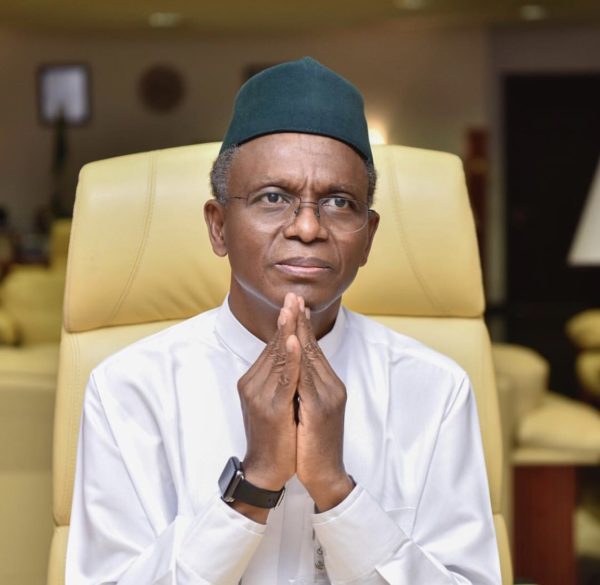President Muhammadu Buhari says the Federal Government remains committed to honouring promises made to the Academic Staff Union of Universities (ASUU).
This, he said was to prevent disruptive strikes, engender uninterrupted academic programmes and improve funding of education institutions.
The President made the pledge when he received members of the Nigeria Inter-Religious Council (NIREC) led by the Co-Chairs, the Sultan of Sokoto, Alhaji Sa’ad Abubakar, and the President of the Christian Association of Nigeria, Rev. Samson Ayokunle, in Abuja on Tuesday.
He commended the leadership of NIREC for intervening in the year-long strike by ASUU and holding consultations with the parties.
According to him, no society which wishes itself well neglects its educational system and all its component parts.
Buhari urged NIREC that in its subsequent consultations with members of ASUU, it was important that they shared with them, that government regarded them and the service they provided to the nation very highly.
”However, they should be cognisant of the fiscal pressures that we are currently facing. Nevertheless, we remain committed to honoring our promises.
”For their part, I will like to encourage ASUU to continue to work with us toward finding resolutions to the challenges that confront us.
”My administration is committed to this engagement and dialogue, and I urge them to stay the course toward a joint resolution in the best interest of our children and nation,” he said.
Responding to issues raised by the leadership of NIREC on finding sustainable solutions to the perennial and disruptive strikes that threatened the sanctity and integrity of the nation’s university system, the President said he had directed his Chief of Staff, the Ministers of Labour and Employment and Education, to make resolving the issue a priority.
The President said he had received briefing from the minister of labour, “detailing where we are today, given the various interested parties, and he apprised the meeting as follows:
”To show our commitment, several payments have been made over the last 6 months, addressing several of the issues you raised – details of which the minister of labour and employment can make available to you.
”Funding has also been provided for infrastructure development across several public universities and several of them have begun drawing down on this facility to improve their level of infrastructure
”Finally, and perhaps the most contentious of issues regarding the decision to use either the Integrated Payroll and Personal Information System (IPPIS) or the University Transparency Accountability Solutions (UTAS).
”As you may be aware, IPPIS was introduced as a means of blocking leakages. Through IPPIS, the Federal Government was able to save over N100 billion annually from the core civil service alone. In view of the resistance from ASUU we devised UTAS which is now on the table.
”I have also been informed that the System Assessment Report conducted by NITDA has been shared by the Minister of Communications and Digital Economy to all stakeholders, including ASUU, and they are to make the appropriate modifications and report their recommendations.’’
Speaking on behalf of the Council, CAN President said the meeting with the president was on the single point of averting strikes in the universities and the challenges of ASUU, which they considered to be of national interest.
Ayokunle told the President that from NIREC’s meeting with ASUU on Jan. 10, 2022, the university lecturers outlined that the bone of contention between the union and Federal Government centred on eight issues.
According to him, these issues includes the inconclusive renegotiation of 2009 ASUU-FGN agreement, UTAS, IPPIS and distortion in salary payment challenges.
Other contentious issues are visitation panels to Federal Universities report issues, funding for revitalisation of public universities, earned academic allowance, state universities and promotion arrears.
While acknowledging that some of the issues had been addressed by the government, the NIREC leadership appealed to the President to direct the immediate return to the table to conclude the renegotiation of the 2009 agreement.
”If the renegotiation process continues to conclusion, issues that the government is not comfortable with can be renegotiated with a view to reaching only implementable agreements.
“We believe that with renegotiation in place, other issues will be adequately addressed along the line,” the NIREC co-chair said. (NAN)






2 Comments